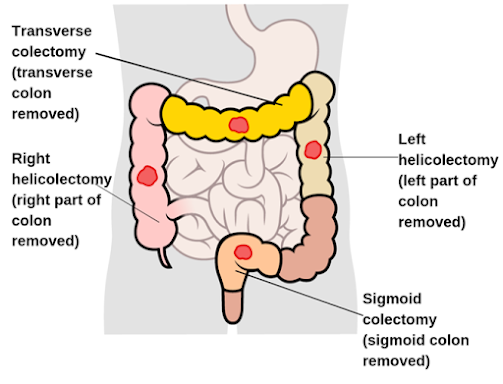Colorectal cancer surgery generally necessitates a person undergoing surgery for the removal of cancerous cells. Many people wonder if they are going to need a colostomy after surgery. In most cases, people are able to use the toilet naturally after recovering from surgical treatment. There are, however, some instances in which the surgeon may have to remove a significant portion of the colon, resulting in the patient needing a colostomy. This colostomy can be permanent or temporary, depending on the length of the bowel segment removed.
Using the toilet after colorectal cancer surgery
Colostomy surgery involves the surgeon bringing a part of the colon through a cut in the belly to create a stoma. This stoma is an opening that expels bodily wastes. The remaining part of the bowel is either rested or removed. If the diseased part has to be rested, it means that the colostomy you have got is temporary. The reason you have it is that the surgeon wants to allow the diseased part to heal before he can reconnect both ends of the bowel. In some cases, however, the lower GI tract is beyond treatable, which means that your surgeon may have to remove it once and for all. The type of colostomy you get as a result will be the permanent one.
Now, getting used to a new toilet routine can be challenging. Since there are no sphincters in the stoma, you will not have any control over when to move your bowels. That is why you will need to wear an ostomy bag over the stoma to manage the evacuation of fecal wastes. This bag will collect stools while you are busy with your routine activity. Once the bag is one-third to half full, you will have to empty or discard it, depending on the consistency of waste materials you pass out through the stoma.
People who need a colostomy after colorectal cancer surgery make only 10% of colorectal cancer patients. It means that most patients can move their bowels naturally a few days after surgery. Some complications related to bowel movements may occur, though. Those complications include the following.
- Urgent bowel movements
- More frequent bowel movements
- Incontinence of bowel
- Diarrhea, fragmented stools, constipation
- Pain in the rectum or bowels while passing out stools
The good thing is that most of these side effects are not permanent. They should subside in a few days after colorectal cancer surgery. Also, you can cope with these symptoms as you regain your bowel function. You can discuss with your doctor or nurse strategies to deal with these symptoms.



No comments:
Post a Comment